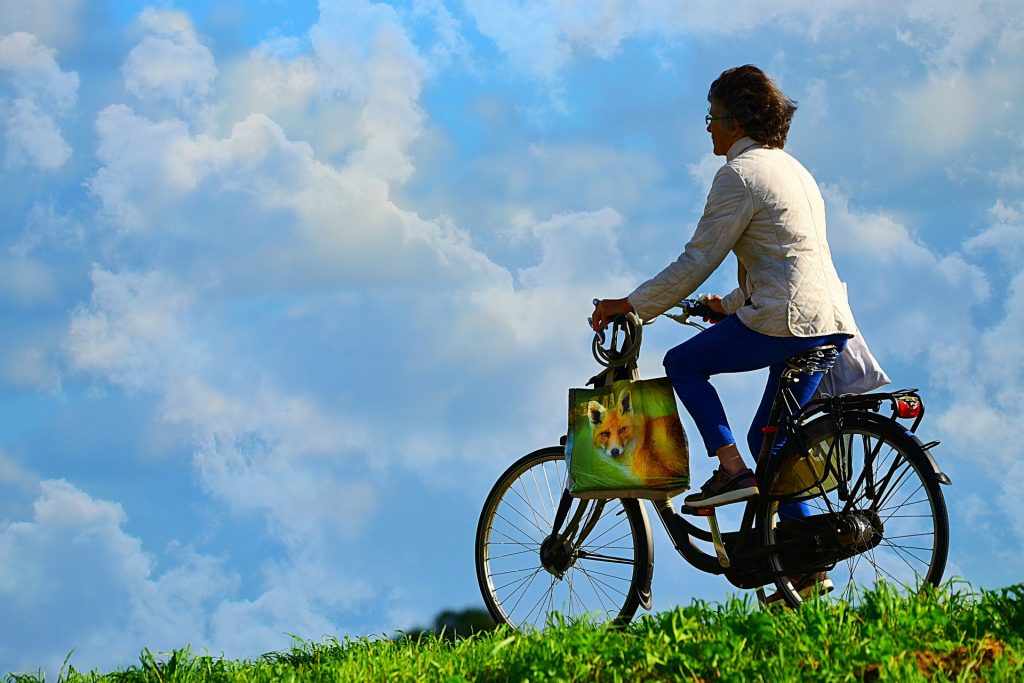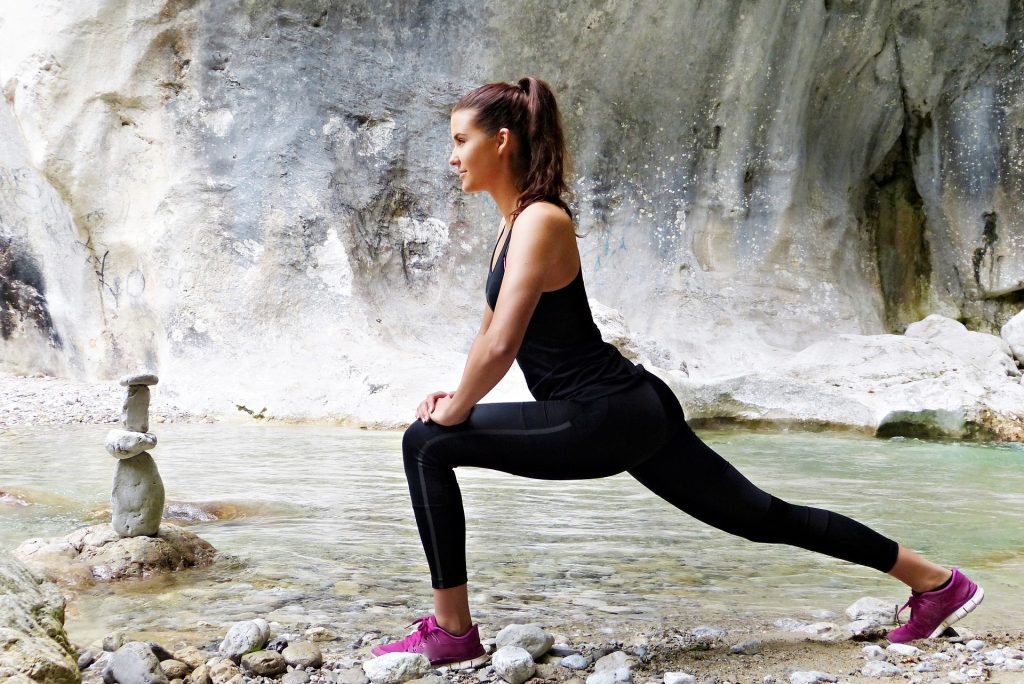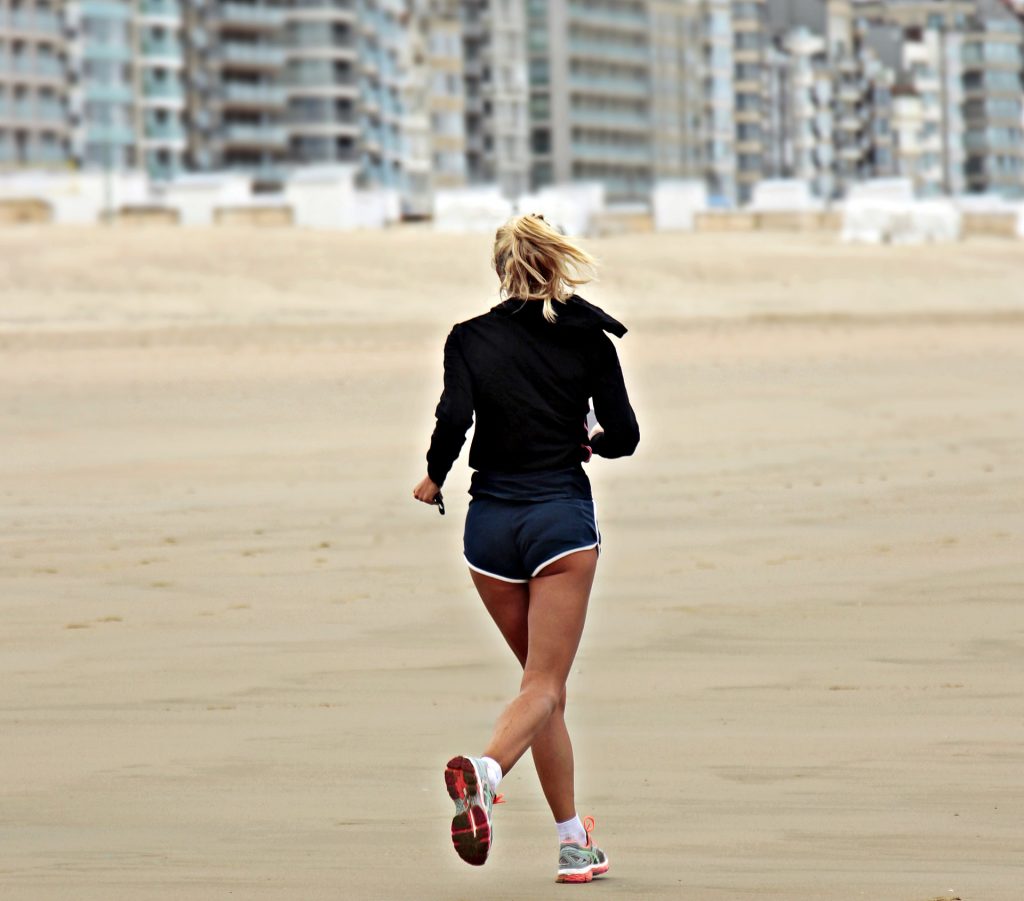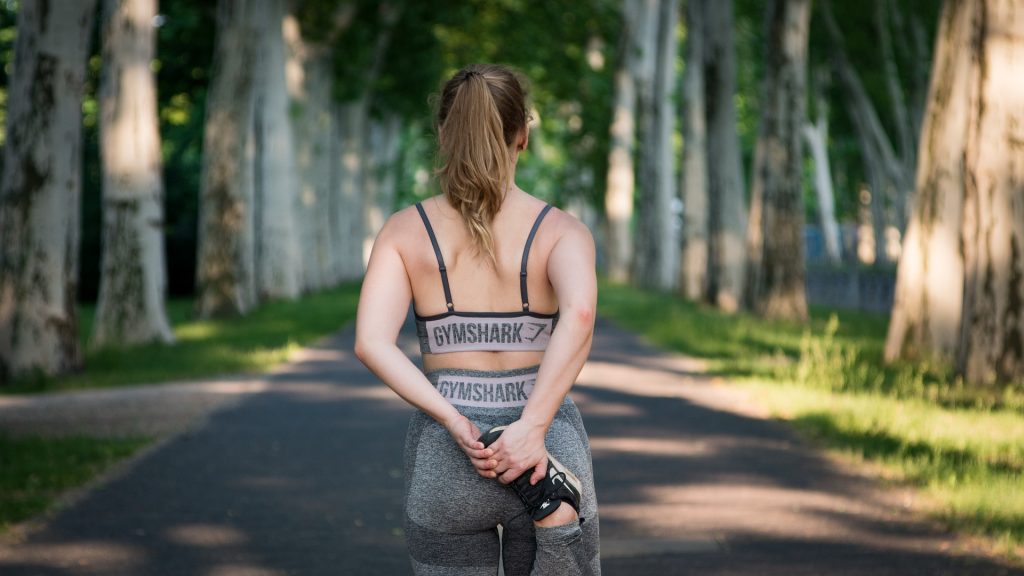“It is not the strongest of the species that survives, not the most intelligent that survives. It is the one that is most adaptable to change.”
- Charles Darwin
Unfortunately, I grew up in a non-sportive environment, and I was not taught the importance of physical activity in itself. I was naturally quite active, but I was not purposefully exercising. So as an adult when life conditions were disrupted so radically, I struggled to set up a new routine that provided the right exercise I needed. It created a sort of delay in the real understanding of the importance of sport and movement in our life. And made miss completely the importance of movement after 40, which is a different beast altogether, and arrived to me only after learning the tough way.
Let’s start from the beginning: why do we need to move our body?
The body’s purpose and efficiency has been developed in nomadic or semi stable settlements where you needed to constantly move around to get all you needed for your day, including food. And that was true for our prehistoric ancestors, as was for the great majority of people, up until the first half of the nineteenth century. Throughout all that period, a job meant anyway having a physical activity as well, so a sort of basic mobility was ensured in your day-to-day life. Then things started changing at the speed of light, and all of a sudden, we are faced with a reality that gradually keeps asking you to stay still, behind a desk, and your brain is the only muscle that you are really exercising for the great part of your day.

Our body, that had thousands of years of development to get to this stage of perfection, all of a sudden has to cope with a lifestyle that does not meet anymore its basic requirements. Ask yourself again, why are we supposed to move? Because your body is built for that. Not to stay still, not to stare to a laptop monitor, nor to binge watch the latest season on Netflix, but to transport you efficiently around while you build your shelter, look for food for you and your family, look for water, run away from a danger. That what it is built for. And on the long term, if you don’t exercise all the single parts of your body, you begin to lose movement capabilities, and begin to see a reduction of all the possibilities you had when you were younger.
The change of the body processes throughout our life : what is the importance of movement after 40
Your body is a wonderful and complex system that executes its task of keeping you alive and well as much and as long as possible, enabling you to practically do all the things you need to, in order to survive. Throughout our life our body goes into different phases, we start with an incredible growth process, that lasts until we are 18/20 years of age. Then it stabilises on a different setting, which is maintaining itself, whilst internal processes are still about the building and the renewal of cells. This is until you get in your forties, as that’s when the processes in your body change again, and begin to be about breaking down, instead of building up. When you arrive at the age of 50 years for women, and 60 years for men, your body starts to require considerably less energy to function, due to the changes it has undergone.

For this reason, after my 40th birthday, I began to notice that my body wasn’t recovering as fast as before from illnesses or injuries. Not only that, I discovered that a period of forced inactivity had a very different effect on it. If until 40 I could be inactive for months, and then restarting physical activities almost at the same levels, I realised now was not the case anymore. After 40, a single month of inactivity, and I needed to retrain my body gradually and consistently to regain the previous level of fitness. I realised what was the purpose of training and exercising all the different part of the body. I understood how a wrong movement, when you are not fit, has rippling effects, whilst if it happens when you are fit, you are less likely to injure yourself, and the recovery is much quicker. At this point, the self-explanatory truth that if you want to maintain all your body’s functionalities, you have to exercise them all, was finally clear to me, as was beginning to be clear the importance of movement after 40.
Why adaptation is key
In the past 2 years, due to the radical change of lifestyle, I finally acknowledged that I needed a different approach to movement and exercising.
Two years ago, I was skinnier but not healthier. I was more active but less agile, walking a long distance on a daily basis, and still suffering from back pain far too often. I was always on the move, still I was losing a lot of my strength, having slipped gradually in a different routine that was not training it anymore, but without realising it. It downed on me that the focus on movement needed to change consistently in terms of quality rather than quantity. It was not a matter of exercising more, but exercising better. I had to adapt my strategy to the new phase my body was in, since I finally understood the importance of movement after 40, and to the different situation my life was in.

I needed to focus on the functionality I wanted to maintain, on the movement I wanted to perform well, on the muscles that needed to support my body better, rather than just moving for the sake of it. After that I started to plan and execute my exercise working towards goals like resistance, flexibility, and strength, instead of calories burnt or time spent. Finally, I needed to focus on what needed improvement, focusing on the movements and being present during the physical activity, mindful of what I was doing.
Today my body is healthier because I exercise my core to support it, not because I want to achieve a flat tummy. My muscles are more defined because I want them to have better reaction and perform better, not because I want to look in a certain way, just like I’m healthier because I’m focused on eating what my body needs, and not because I control how much I eat.
Adaptation is clearly one of our most important skills, one that will prove powerful in this post pandemic era, adapting to this new reality, adapting to our changing bodies: from how well we do it, depends our capability to thrive.
All the benefits of Movement
Think about your body as a very high-tech machine, with millions of complex parts that come together to make it work. And think about movement as the perfect life care insurance for that precious machine! Doing focused exercise is good for your brain as well as it enhances its capability to learn new movements.

It is good for your mind because it provides a healthy and grounding activity that can silence the constant stream of your thoughts. It is good for your mood because it makes your body release chemicals called endorphins. The endorphins interact with the receptors in your brain that reduce your perception of pain. Endorphins also trigger a positive feeling in the body, similar to that of morphine. For example, we describe the feeling that follows a run or workout as “euphoric.” It’s the “runner’s high,” and can often prompt a positive outlook on life. Definitely worth pursuing just for that.
Endorphins act as analgesics, which means they diminish the perception of pain. They also act as sedatives.
Regular exercise helps you to:
Reduce your stress levels
Ward off anxiety and feelings of depression
Boost self-esteem
Improve sleep
Whether you begin to move for your health, for pleasure, whatever the reason, focus on your needs, spend some time to plan a viable and gradual activity plan, and include some exercise and movement permanently in your daily routine. And most importantly, do it out of love for yourself, as this is what will make you succeed.
The quality of your life will improve and you’ll discover a new way of living, a more pleasurable and healthier one. Find out how to integrate movement in your morning routine in my latest article.
Do you enjoy moving? Do you exercise regularly, or do you struggle to maintain yourself active? Let me know in the comments!
Picture credits: Pixabay